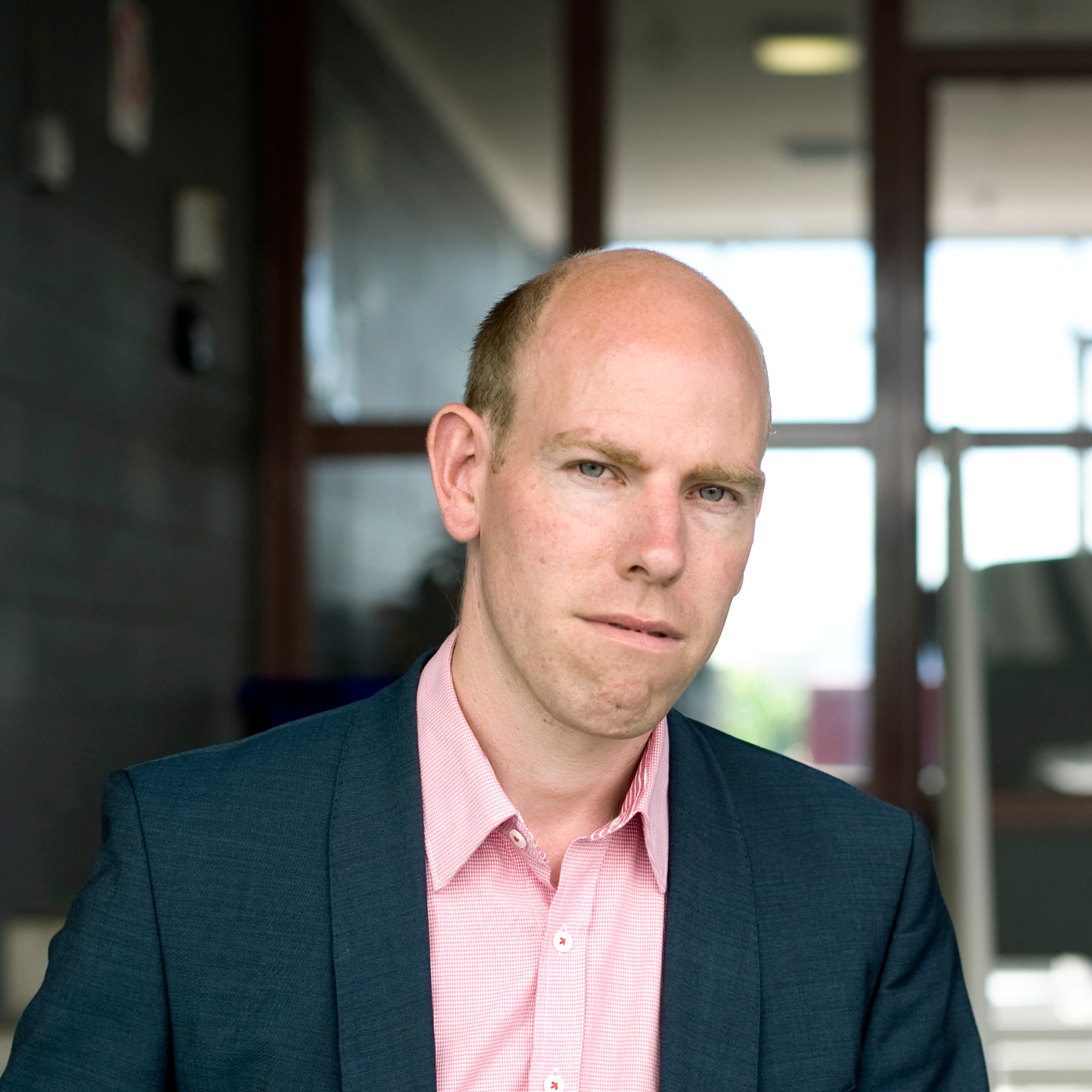Reviewer: Max Rashbrooke
Talk about highs and lows: after the stunning success of the Lemi Ponifasio-created opening night work Chosen and Beloved, the same director presented us with a piece that, despite containing moments of real beauty, was wildly overambitious and poorly thought-out.
The programme notes for Jerusalem, which ranged widely but not very coherently over “dissolving binaries”, “the ambiguities of necessary incompleteness” and the idea of a “heterotopia”, were the first sign that something was awry. Jerusalem – as a city, and as an ideal – is obviously an attractive subject, dense with meaning. But it wasn’t clear what the performance was trying to add to our understanding of the place and its many interpretations.
The show was a series of largely individualised and disparate performances, most of them oriented around a thin white cage set in the stage’s centre. This potentially powerful object was seldom treated with reverence, being – apparently – casually crossed and recrossed by the performers; if it was supposed to symbolise something about boundaries, sacred spaces, enclosures and exclusions, it largely failed to do so.
None of this was helped by basic mistakes, such as projecting images onto the back wall of the theatre that could not be seen by people in the gallery. But much more serious was the apparent absence of any coherent organisation of the material.
Places like Jerusalem are important because they are sites of reverence for several cultures; they are also hotly disputed by those cultures; these two facts are not unrelated. Conflict and displacement are correspondingly at the heart of our idea of Jerusalem. But there was precious little sense of clashing ideals or engagement across differences, such was the isolation of most of the parts of the performance from each other.
Nor were the relationships between different elements and themes made clear. The piece opened with cries of ‘Wuhan be strong’, a highly contemporary note; but although Wuhan is a quarantined city, and China has a significant Muslim population that it is currently repressing, the direct connection with Jerusalem was not clear. Wuhan is not, as far as I know, a contested ideal in the same way as the Middle Eastern city.
The nature of much of the content was also unclear. The programme notes told us that the te Reo content, making up the majority of the show, was “braided” with the epic poem Concerto al-Quds by the Syrian writer Adonis. But how this braiding happened, and consequently what we were listening to at any given point, was extremely opaque.
The pacing of the show was consistently very slow: pretty much everything happened at walking pace. This may be deliberate, and characteristic of Ponifasio’s oeuvre, but it can surely work only if the audience is already highly engaged, which on this evening it was not. Instead the result was a sense of everything being deeply drawn out, even when it didn’t need to be, and the absence of any dynamic contrast, any build-up or release of energy.
That isn’t to say that there weren’t performances of real note. The male and female performers wielding respectively a rifle and a spanner were spectacularly good; it was almost impossible to take one’s eyes off them. Also very good was the long final section, in which a chalked-out square, suggestive of a quarantine zone, became the setting for a deeply unsettling ritual: a near-naked man, seeming to take water from a white washbasin, covered himself in black liquid, howled in anguish, and transformed his movements into something clearly simian.
Meanwhile, either side of him were two straight lines of flags, which could have stood for the way that national identities cordon-off and exclude, or – conversely – the powerlessness of the international community face-to-face with Israel’s illegal occupation of Palestine. Finally it felt as if the performance was drawing on something both clear and distilled. It was a powerful moment, but one sadly unable to redeem the incoherence of what had gone before.



 Martin LeFevre - Meditations: Animal Encounters During Meditative States
Martin LeFevre - Meditations: Animal Encounters During Meditative States Ian Powell: Gisborne Hospital Senior Doctors Strike Highlights Important Health System Issues
Ian Powell: Gisborne Hospital Senior Doctors Strike Highlights Important Health System Issues Keith Rankin: Who, Neither Politician Nor Monarch, Executed 100,000 Civilians In A Single Night?
Keith Rankin: Who, Neither Politician Nor Monarch, Executed 100,000 Civilians In A Single Night? Eugene Doyle: Writing In The Time Of Genocide
Eugene Doyle: Writing In The Time Of Genocide Gordon Campbell: On Wealth Taxes And Capital Flight
Gordon Campbell: On Wealth Taxes And Capital Flight Ian Powell: Why New Zealand Should Recognise Palestine
Ian Powell: Why New Zealand Should Recognise Palestine